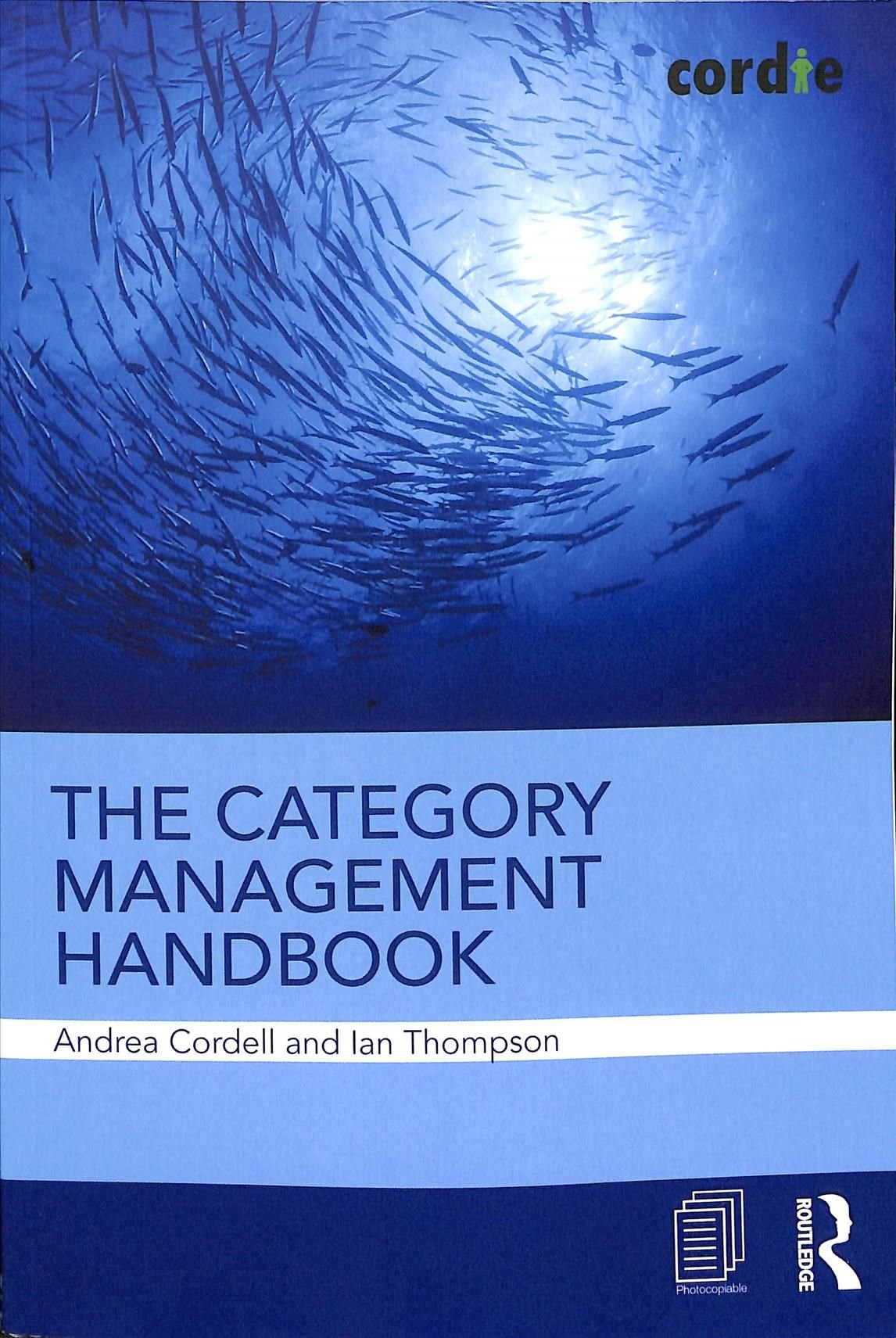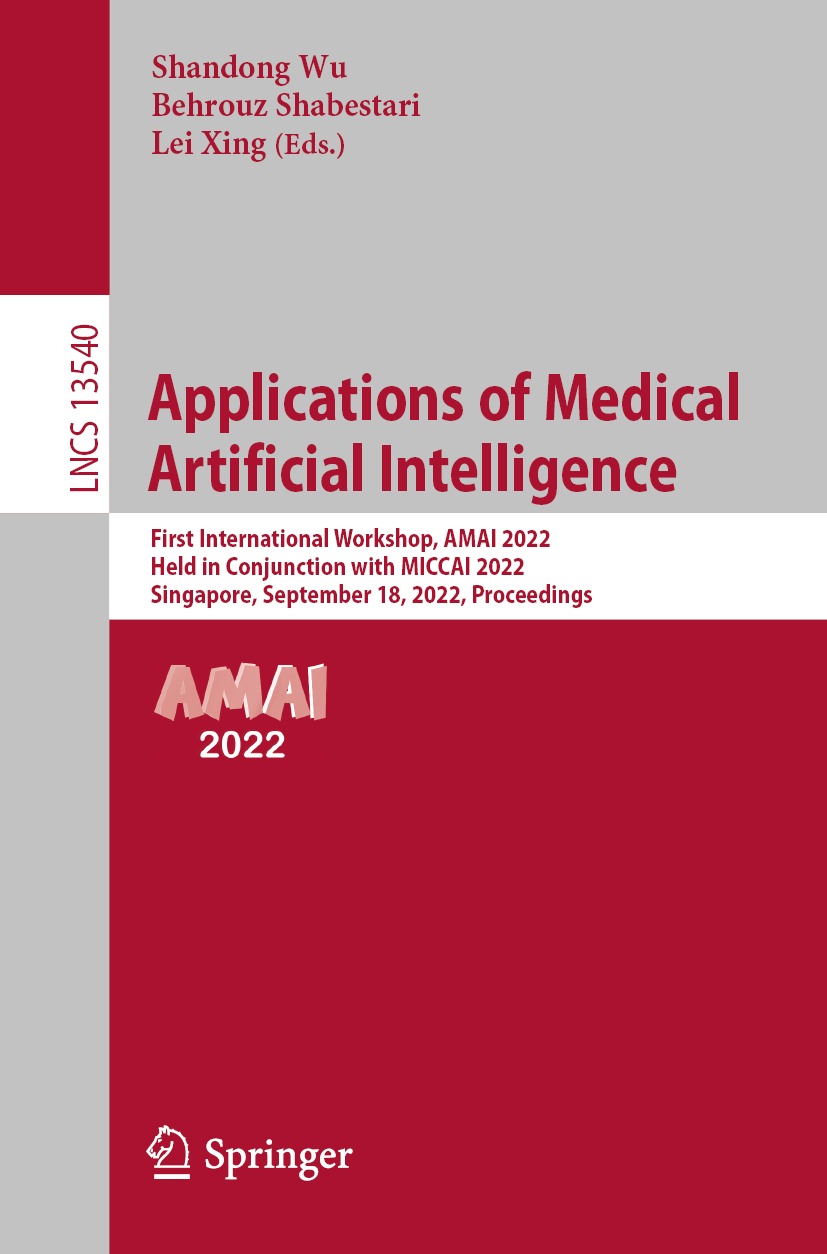The topic of heart failure although extensively researched and reported, has several gray areas. This is especially seen in determining strategies for combating advanced heart failure. The global burden of ischemic heart disease is increasing at an alarming rate to almost pandemic proportions. Even in the presence of state-of the art technology for prompt and successful coronary reperfusion, the population progressing to ischemic cardiomyopathy is substantial. The treatment strategies for ischemic cardiomyopathy do not always ensure optimal clinical results, the reasons for which are varied. The proper patient selection is vital as is the tailoring of suitable therapy. The approach is thus multi-pronged, of which surgical ventricular restoration (SVR) has a definite role. Despite various randomized studies like the STICH-hypothesis 2, where there was a huge selection bias, with patients subjected to an erroneous technique of SVR, with inadequate ventricular remodelling assessment. The present need is to understand the unique anatomy of the left ventricle, its function and perturbations with the onset of heart failure, in order to plan therapeutic strategies to restore near normal anatomy and function. A study of the hemodynamics in ischemic cardiomyopathy is essential, as it differs in certain aspects from other causes of heart failure like idiopathic dilated cardiomyopathy and valvular heart diseases. Since information on these aspects are scattered in various scholarly articles, a concise source in the form of a book would be appropriate and useful for both cardiologists and cardiac surgeons. This project represents a concise review of normal and abnormal cardiac anatomy and physiology, the evolution of SVR to EVLPP with validation of near normal ventricular restoration, plus act as a reference guide for cardiac surgeons with interest in SVR.












